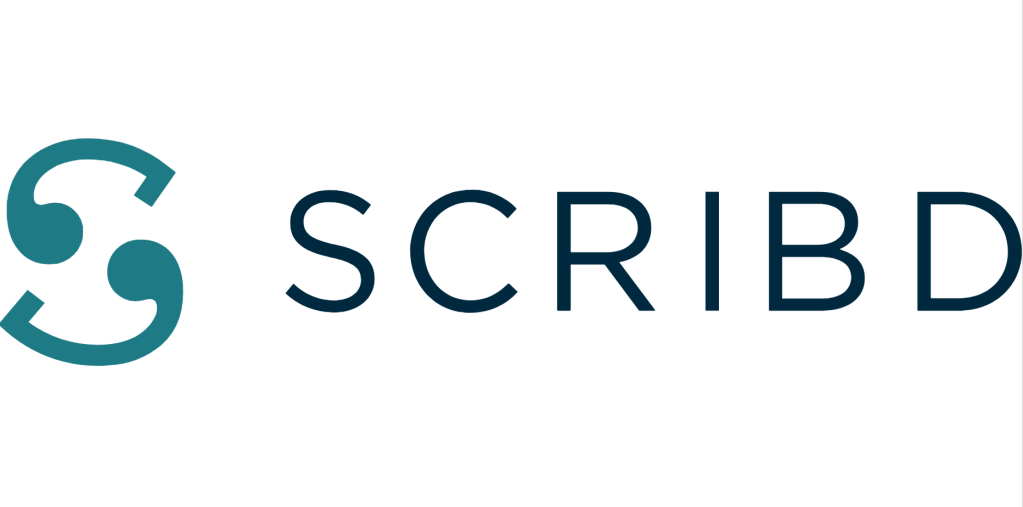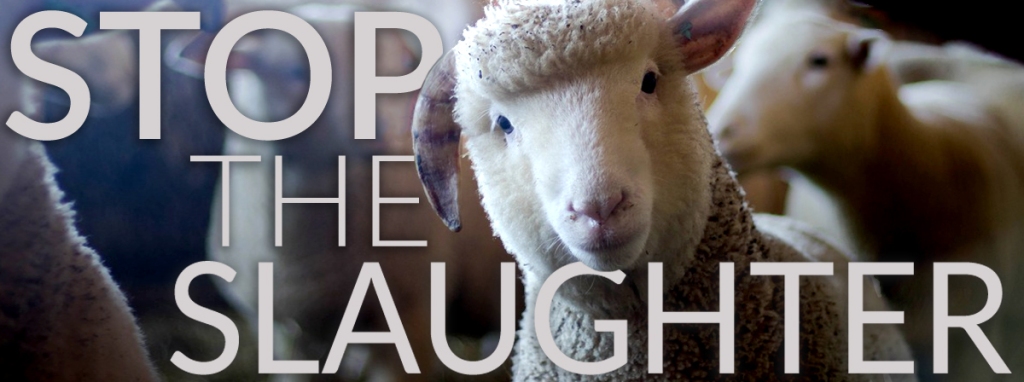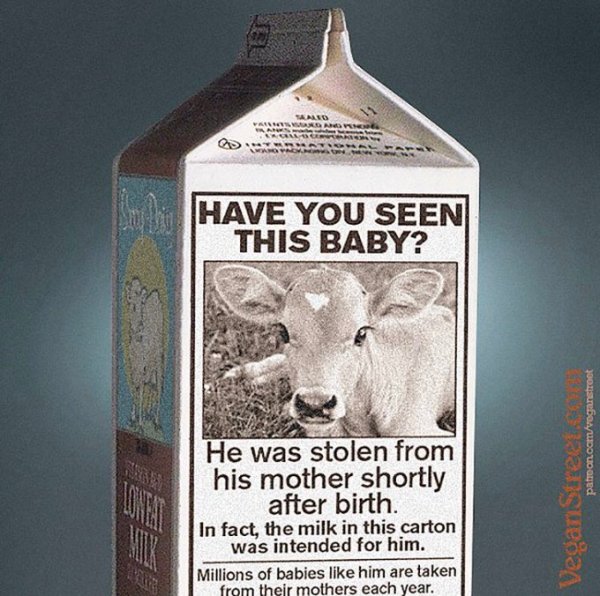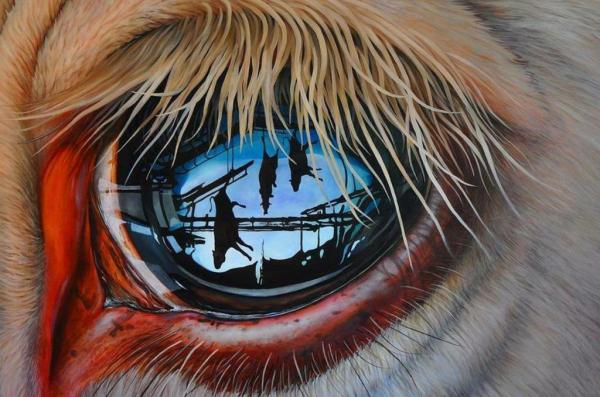The Power of Discomfort

Karen Lyons Kalmenson
Source ABOLITIONIST VEGAN WHISPERS
By Frances McCormack
My partner and I sat opposite two acquaintances and Facebook friends, enjoying pleasant company and discussing travel, cats, and work. And then, the demeanour of one of our companions changed as he asked “What made you vegan?”
The question seemed to have been brewing in the air all evening, as it often does, but we were happy to answer, each with our personal narratives of the moment when we decided we couldn’t justify using animals anymore.
After we had each replied, the conversation took a turn that I have only seen in online interactions: we were interrogated (the next question came before we had the opportunity to answer the last) about plant sentience, about why vegans think animals are more important than humans (let me be clear: those who follow the Abolitionist Approach to Animal Rights don’t think that at all), about tradition, and various other objections to veganism with which most experienced advocates will be familiar. Our interlocutor showed no sign, at this point, of considering, or wanting to respond substantively to, our position.
It was clear that our acquaintance had planned to ask us about veganism in advance of our meeting, as he lined up, with some prompting from his wife (who otherwise remained silent), which question to ask us next. We were eager to dispel any myths about veganism and to help them understand, so we explained our position. Yet, for answering the questions that were put to us, we were derided as religious zealots, and made to feel like we were on trial. This was not an advocacy opportunity; this was an insistence that we defend our ethical standpoint. And although we were polite, and although the conversation took a different trajectory after a while, and although the evening ended amicably, we returned home to discover that we had been unfriended on Facebook.
For those who are new to advocacy, let me reassure you that such situations are extremely rare. Most conversations about veganism–especially those started by nonvegans–arise from genuine curiosity and interest, and the interlocutor will most often end the conversation by acknowledging that the information they sought has been provided, or by asking for some material they can peruse in their own time.
As with every discussion I have about veganism, I reflected on the process, and asked myself what we could have done differently, but eventually concluded that whatever we had done, the situation would have ended up with the same result. We tried asking questions instead of repeatedly defending our position in order to elicit some understanding of our interlocutor’s view of animals, but he was not interested in answering; the purpose of the exercise, it seemed, was to try to find some hole in our ethical position, and when that couldn’t be found, our interlocutor exclaimed “you win”, as though this had been a competition rather than a discussion of ethical issues.
And this discussion, strange though it was, confirmed for me how powerful vegan advocacy can be, even when it is polarising, or when it is uncomfortable for our interlocutor.
When we, as vegans, talk about veganism, we generally have a number of goals in mind: to attempt to persuade others, to effect change, to advocate for justice and fairness. But we tend to focus on these as our end goals and forget the transformative power of the vegan message as an end in itself.
When we talk about veganism, our conversation points to seldom-aired issues about our relationship with our fellow animals, about the chasm between our moral intuition about animals and how we treat them, about the nature of speciesism. It makes the often-ignored victims of our participation in animal use present merely by speaking of them as beings rather than disembodied objects. Not only are we questioning the status quo, but we are demonstrating that the alternative is better for all concerned, and, most importantly, the only manifestation of justice for other animals.
Being vegan is disruptive. Speaking the word “vegan” is disruptive. Advocating veganism is disruptive. To create something new, we have to deconstruct the old; this will invariably cause discomfort to some, and at times it may even cause discomfort to us. But, since we are not the victims of the injustice inflicted on our fellow animals, we must accept, if we commit to advocacy, that this occasional discomfort is part of the process of speaking for those who are.
As for our acquaintance, even though it seems as though he has retreated from our discussion of veganism by his unfriending, our conversation will not be so easy for him to shake off. He may remember that encounter with irritation, but his emotions will be accompanied by the triggers for those emotions–points of the discussion that particularly irked him. If something reminds him of us, or if our names are mentioned, that conversation will return. And he may reflect on his own defensiveness and work through his thinking about animals. But even if he doesn’t, as my partner notes, he cannot unlearn what he has learned. We have, nonviolently, disrupted his thinking about animals, and we cannot tell where that will lead.
As long as we talk to others about veganism in a nonviolent way, and without equivocation, no advocacy encounter is ever wasted. There will always be those few who respond unfavourably to our message, but we can never tell what happens as they process it. The stakes are so high for nonhuman animals if we don’t advocate for veganism that to do anything else is just unthinkable.
oh the strains of
growing pains…
nothing ventured
but enormous gains.
to spread the word
of compassion and
care…
for those who listen,
a world of love
to share.
Karen Lyons Kalmenson













































oh the strains of
growing pains…
nothing ventured
but enormous gains.
to spread the word
of compassion and
care…
for those who listen,
a world of love
to share.
LikeLiked by 2 people
Beautiful! Thank you, my dear, I love it.
LikeLiked by 1 person
you are so very welcome…and in the spirit of peace love and compassion, i painted this yesterday
LikeLiked by 2 people
It’s so beautiful, hon, thank you so much, I added it.
LikeLiked by 1 person
thank you so much…the ideals of woodstock nation should live forever!!!
LikeLike
See, dear Stacey, I have no desire to argue with those who from the beginning will not listen (or understand).
It’s embarrassing, difficult to sustain and depressing.
Our children are accustomed to: Mom and Dad do not eat other creatures (I unfortunately I can not leave the cheese even though every time I nibbled a piece of Swiss cheese I think of the little calf that was private of his mother’s milk… is a terrible psychological situation if it continues so it will take me to see a psychiatrist.
The fact that we only buy organic products at least allows me to sleep… although with no a quiet conscience.
We have always less friends coming to us for lunch/dinner… sometimes it is an unconscionable exercise to try to cook vegan for people who then make you fifty thousand questions about what they have in the pot, instead of simply sample without bias!
I’m becoming asocial? Misanthropic?
And then everything is also reflected in my books, more and more, and ever more caustic and determined…
A big hug, Let us console mutually…. claudine
LikeLike